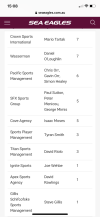Thought this was fairly informative from the club
The Player / Manager Conundrum
- Thread starter Mark from Brisbane
- Start date
-
We had an issue with background services between march 10th and 15th or there about. This meant the payment services were not linking to automatic upgrades. If you paid for premium membership and are still seeing ads please let me know and the email you used against PayPal and I cam manually verify and upgrade your account.
-
We have been getting regular requests for users who have been locked out of their accounts because they have changed email adresses over the lifetime of their accounts. Please make sure the email address under your account is your current and correct email address in order to avoid this in the future. You can set your email address at https://silvertails.net/account/account-details
You are using an out of date browser. It may not display this or other websites correctly.
You should upgrade or use an alternative browser.
You should upgrade or use an alternative browser.
phew, lucky someone posted this!

Nordburg
Bencher
What about next year though?Thought this was fairly informative from the club
Good point , but don’t shoot me as I’m only the messengerWhat about next year though?
For what it is worth
Roar Article
NRL player agents are major figures in the rugby league ecosystem. They are well known within the game’s inner circle, but not as well known to the fans.
There are a few agents with big books of marquee players who carry significant influence and have their fingers in a lot of pies. The typical agency contract involves an entitlement to a commission of 6-7 percent of a player’s earnings (materially higher than the average AFL agent’s rate of 2-5%).
In addition, some agents partner with players in business ventures and the earn from this can be higher, as is the commission on endorsements. Player agents also regularly represent coaches, NRL media personalities and even administrators, not just players… but more on this below.
Player agents are just like any other type of agent. They do the “dirty work”. They alleviate the need for the player to negotiate their own contract, a task most athletes have little experience in.
Agents also know how the game works; have a network of extensive contacts; can play a vital role in finding opportunities, greasing the wheels and advancing the interests of players by eliminating friction between clubs and players. I’ve dealt with a few agents and some of them are pretty good people who care about their clients.
But is this enough, and do players and the game benefit from the agents and the commission model? Almost every graded player has an agent so it must be necessary-right? Well, yes and no.
Some players need agents more than others. This depends on a wide range of factors, including the player’s experience, intelligence, worldliness, presence of alternative trusted advisers and their marketability and talent.
There are many players who could drop their agents tomorrow and pocket the 7 percent commission and maybe even strike betters deals for themselves, yet only a few players choose to self- manage their affairs.
There are other players who would not know where to start and may not rise above playing park football without an agent. Agents can also provide lucrative post-playing career opportunities and some are genuine father figures or mentors who steer their players through life’s challenges.
The Rugby League Player Agent Accreditation Scheme was introduced in 2005, ensuring that all agents in rugby league are registered and regulated. Agents must comply with the schemes’ rules and code of ethics and pay an annual accreditation fee.
There are various safeguards and sanctions in place to protect players and to ensure minimum standards are observed. In recent years the NRL has imposed serious sanctions for breaches of the Scheme and even de registered player agents. The Scheme rules are comprehensive. So, in this respect it’s a well- regulated industry, not a wild frontier.
There is however a major weak spot in the accreditation scheme and in the system and market forces don’t seem to adequately address this: conflicts of interest. Player agents are largely unconstrained in their ability to wear multiple hats and juggle obvious conflicts of interests.
What do I mean by this? Well imagine a real estate agent acting for the buyer and seller of the same property or a lawyer acting for both spouses in a divorce dispute.
Player agents regularly represent coaches and players in the same team, manage players in the same playing position (sometimes in the same club) and have media roles which give them an opportunity or talk up their own books or down other agent’s books.
Some even have club roles. Whether these conflicts are a good or bad thing depends on who wins or loses from the conflicts in any particular case. Conflicts of interests rarely produce a win/win outcome. I’ve kept this general to protect the innocent but we can all recall instances of conflicts affecting the outcome of contract negotiations to the detriment of one person or another.
Before everyone yells “there are rules around all this”. Yes, there are. Indeed, the scheme includes specific conflict rules.
The trouble with the rules is that they can be readily subverted, and often are. Indeed, the rules actually allow blatant conflicts provided there is full disclosure and consent. But the idea of providing informed consent to a conflict is fraught with major difficulties.
Many players would struggle to appreciate the full significance of an agent conflict even if the disclosure was adequate, which is against the likely odds. Some conflicts can be indirect or subtle and the agent might not even recognise it.
Roar Article
NRL player agents are major figures in the rugby league ecosystem. They are well known within the game’s inner circle, but not as well known to the fans.
There are a few agents with big books of marquee players who carry significant influence and have their fingers in a lot of pies. The typical agency contract involves an entitlement to a commission of 6-7 percent of a player’s earnings (materially higher than the average AFL agent’s rate of 2-5%).
In addition, some agents partner with players in business ventures and the earn from this can be higher, as is the commission on endorsements. Player agents also regularly represent coaches, NRL media personalities and even administrators, not just players… but more on this below.
Player agents are just like any other type of agent. They do the “dirty work”. They alleviate the need for the player to negotiate their own contract, a task most athletes have little experience in.
Agents also know how the game works; have a network of extensive contacts; can play a vital role in finding opportunities, greasing the wheels and advancing the interests of players by eliminating friction between clubs and players. I’ve dealt with a few agents and some of them are pretty good people who care about their clients.
But is this enough, and do players and the game benefit from the agents and the commission model? Almost every graded player has an agent so it must be necessary-right? Well, yes and no.
Some players need agents more than others. This depends on a wide range of factors, including the player’s experience, intelligence, worldliness, presence of alternative trusted advisers and their marketability and talent.
There are many players who could drop their agents tomorrow and pocket the 7 percent commission and maybe even strike betters deals for themselves, yet only a few players choose to self- manage their affairs.
There are other players who would not know where to start and may not rise above playing park football without an agent. Agents can also provide lucrative post-playing career opportunities and some are genuine father figures or mentors who steer their players through life’s challenges.
The Rugby League Player Agent Accreditation Scheme was introduced in 2005, ensuring that all agents in rugby league are registered and regulated. Agents must comply with the schemes’ rules and code of ethics and pay an annual accreditation fee.
There are various safeguards and sanctions in place to protect players and to ensure minimum standards are observed. In recent years the NRL has imposed serious sanctions for breaches of the Scheme and even de registered player agents. The Scheme rules are comprehensive. So, in this respect it’s a well- regulated industry, not a wild frontier.
There is however a major weak spot in the accreditation scheme and in the system and market forces don’t seem to adequately address this: conflicts of interest. Player agents are largely unconstrained in their ability to wear multiple hats and juggle obvious conflicts of interests.
What do I mean by this? Well imagine a real estate agent acting for the buyer and seller of the same property or a lawyer acting for both spouses in a divorce dispute.
Player agents regularly represent coaches and players in the same team, manage players in the same playing position (sometimes in the same club) and have media roles which give them an opportunity or talk up their own books or down other agent’s books.
Some even have club roles. Whether these conflicts are a good or bad thing depends on who wins or loses from the conflicts in any particular case. Conflicts of interests rarely produce a win/win outcome. I’ve kept this general to protect the innocent but we can all recall instances of conflicts affecting the outcome of contract negotiations to the detriment of one person or another.
Before everyone yells “there are rules around all this”. Yes, there are. Indeed, the scheme includes specific conflict rules.
The trouble with the rules is that they can be readily subverted, and often are. Indeed, the rules actually allow blatant conflicts provided there is full disclosure and consent. But the idea of providing informed consent to a conflict is fraught with major difficulties.
Many players would struggle to appreciate the full significance of an agent conflict even if the disclosure was adequate, which is against the likely odds. Some conflicts can be indirect or subtle and the agent might not even recognise it.
Nordburg
Bencher
No I wasn’t having a go at you.Just pointing out that that list is pretty much redundant with most of the players were signed under Des’/Fulton/any number of CEO’s,regimeGood point , but don’t shoot me as I’m only the messenger
JakeyB789
Reserve Grader
This would be the list for those interested, might be wrong with a couple of the reserve players as to who is actually contracted or not but would be pretty close. Definitely agree it's a misguided list given it's for this year which is pretty much over now, and doesn't include our coaches or player movements for next year to downplay the Moses influence
Crown Sports: Schuster, Olakau'atu, Saab, S Fainu, L Fainu, GCKT, Fulton
Wasserman: Tuipulotu, Tuilagi, Sipley, Weekes, Vaega, Ferris*, Abbey* (Paulo)
Pacific Sports: Parker, Arthur, Lawton, Matterson, Sykes, Stuckey*
SFX Sports: Turbo, Jurbo, Burbo, Keppie, Humphreys
Cove: Lodge, Bullemor, Johns, Woods, Condon (Brooks, Talau)
Sports Player: Aloiai, Croker, Harper
Titan Sports: Garrick, Boyle, Dias*
Ignite Sports: DCE
Apex Sports: Paseka
GS Sports: Koula
Crown Sports: Schuster, Olakau'atu, Saab, S Fainu, L Fainu, GCKT, Fulton
Wasserman: Tuipulotu, Tuilagi, Sipley, Weekes, Vaega, Ferris*, Abbey* (Paulo)
Pacific Sports: Parker, Arthur, Lawton, Matterson, Sykes, Stuckey*
SFX Sports: Turbo, Jurbo, Burbo, Keppie, Humphreys
Cove: Lodge, Bullemor, Johns, Woods, Condon (Brooks, Talau)
Sports Player: Aloiai, Croker, Harper
Titan Sports: Garrick, Boyle, Dias*
Ignite Sports: DCE
Apex Sports: Paseka
GS Sports: Koula
Spartan Eagle
Bencher
There was an article just posted by the "masthead" telecrap just now;
can anyone get behind the paywall and post please.
thank you in advance
Manly’s bizarre move to ‘debunk’ player agent rumours
can anyone get behind the paywall and post please.
thank you in advance
Lol, the club chasing its tail yet again. Post up 2024 for some transparency
Spartan Eagle
Bencher
Very interesting read that sheds some light where our club is heading under Spoonbold
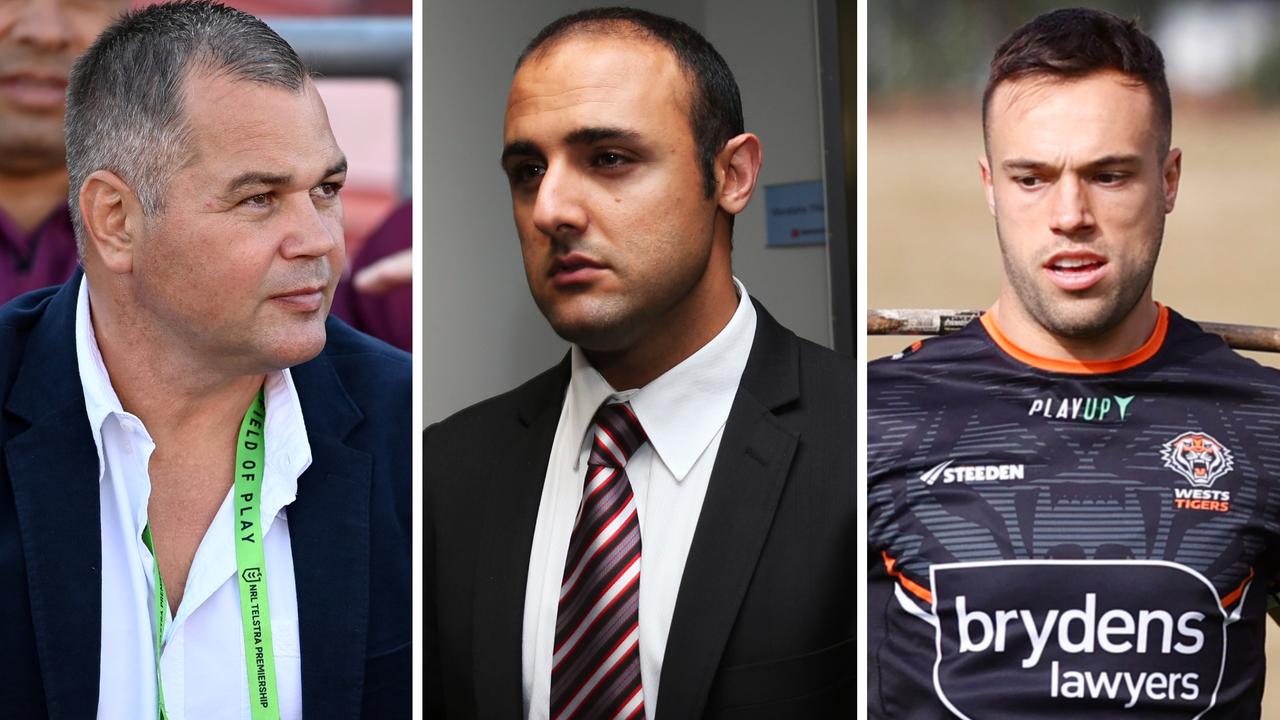
 www.foxsports.com.au
www.foxsports.com.au

Time to cut through the BS: The truth behind Manly’s bizarre player agent ‘reveal’ - Hoops
Time to cut through the BS: The truth behind Manly’s bizarre player agent ‘reveal’ - Hoops
TheSoaringEagle2023
Bencher
I wonder if Seibs was the Trojan horse.Very interesting read that sheds some light where our club is heading under Spoonbold

Time to cut through the BS: The truth behind Manly’s bizarre player agent ‘reveal’ - Hoops
Time to cut through the BS: The truth behind Manly’s bizarre player agent ‘reveal’ - Hoopswww.foxsports.com.au
Spartan Eagle
Bencher
It appears that way.I wonder if Seibs was the Trojan horse.
Head coach and head of recruitment both managed by Moses. Plus an increasing list of players.Very interesting read that sheds some light where our club is heading under Spoonbold

Time to cut through the BS: The truth behind Manly’s bizarre player agent ‘reveal’ - Hoops
Time to cut through the BS: The truth behind Manly’s bizarre player agent ‘reveal’ - Hoopswww.foxsports.com.au
What could go wrong.....
I was dubious when I saw it's from the Roar, but it's not a bad article. I've posted previously about the blatant danger of conflict of interest with managers and it's strange the RLPA aren't trying to do something about it. Or maybe they are.For what it is worth
Roar Article
NRL player agents are major figures in the rugby league ecosystem. They are well known within the game’s inner circle, but not as well known to the fans.
There are a few agents with big books of marquee players who carry significant influence and have their fingers in a lot of pies. The typical agency contract involves an entitlement to a commission of 6-7 percent of a player’s earnings (materially higher than the average AFL agent’s rate of 2-5%).
In addition, some agents partner with players in business ventures and the earn from this can be higher, as is the commission on endorsements. Player agents also regularly represent coaches, NRL media personalities and even administrators, not just players… but more on this below.
Player agents are just like any other type of agent. They do the “dirty work”. They alleviate the need for the player to negotiate their own contract, a task most athletes have little experience in.
Agents also know how the game works; have a network of extensive contacts; can play a vital role in finding opportunities, greasing the wheels and advancing the interests of players by eliminating friction between clubs and players. I’ve dealt with a few agents and some of them are pretty good people who care about their clients.
But is this enough, and do players and the game benefit from the agents and the commission model? Almost every graded player has an agent so it must be necessary-right? Well, yes and no.
Some players need agents more than others. This depends on a wide range of factors, including the player’s experience, intelligence, worldliness, presence of alternative trusted advisers and their marketability and talent.
There are many players who could drop their agents tomorrow and pocket the 7 percent commission and maybe even strike betters deals for themselves, yet only a few players choose to self- manage their affairs.
There are other players who would not know where to start and may not rise above playing park football without an agent. Agents can also provide lucrative post-playing career opportunities and some are genuine father figures or mentors who steer their players through life’s challenges.
The Rugby League Player Agent Accreditation Scheme was introduced in 2005, ensuring that all agents in rugby league are registered and regulated. Agents must comply with the schemes’ rules and code of ethics and pay an annual accreditation fee.
There are various safeguards and sanctions in place to protect players and to ensure minimum standards are observed. In recent years the NRL has imposed serious sanctions for breaches of the Scheme and even de registered player agents. The Scheme rules are comprehensive. So, in this respect it’s a well- regulated industry, not a wild frontier.
There is however a major weak spot in the accreditation scheme and in the system and market forces don’t seem to adequately address this: conflicts of interest. Player agents are largely unconstrained in their ability to wear multiple hats and juggle obvious conflicts of interests.
What do I mean by this? Well imagine a real estate agent acting for the buyer and seller of the same property or a lawyer acting for both spouses in a divorce dispute.
Player agents regularly represent coaches and players in the same team, manage players in the same playing position (sometimes in the same club) and have media roles which give them an opportunity or talk up their own books or down other agent’s books.
Some even have club roles. Whether these conflicts are a good or bad thing depends on who wins or loses from the conflicts in any particular case. Conflicts of interests rarely produce a win/win outcome. I’ve kept this general to protect the innocent but we can all recall instances of conflicts affecting the outcome of contract negotiations to the detriment of one person or another.
Before everyone yells “there are rules around all this”. Yes, there are. Indeed, the scheme includes specific conflict rules.
The trouble with the rules is that they can be readily subverted, and often are. Indeed, the rules actually allow blatant conflicts provided there is full disclosure and consent. But the idea of providing informed consent to a conflict is fraught with major difficulties.
Many players would struggle to appreciate the full significance of an agent conflict even if the disclosure was adequate, which is against the likely odds. Some conflicts can be indirect or subtle and the agent might not even recognise it.
As i said when it was first posted it was a remarkable thing to post.
I can somewhat understand the sentiment but to post a list like that, without context and understanding of the current sentiment is just weird. It is lazy communications - something anyone with a background in coms would have picked up straight away.
Instead of assuring fans (which may have been the motivation) or responding to the league tabloid media (most likely) it failed to do either and has created a story where the club is unable to control the narrative.
My bet is that Cusso was not involved and this was another example of a failure to have an effective media strategy in place apart from the overworked one person we have.
At least this has distracted me from the fact we have selected Lodge this week.
I can somewhat understand the sentiment but to post a list like that, without context and understanding of the current sentiment is just weird. It is lazy communications - something anyone with a background in coms would have picked up straight away.
Instead of assuring fans (which may have been the motivation) or responding to the league tabloid media (most likely) it failed to do either and has created a story where the club is unable to control the narrative.
My bet is that Cusso was not involved and this was another example of a failure to have an effective media strategy in place apart from the overworked one person we have.
At least this has distracted me from the fact we have selected Lodge this week.
I mean you know it is a dumb move when even the fox fools make sense talking about it
Members online
Total: 1,008 (members: 11, guests: 997)
| Team | P | W | L | PD | Pts |
|---|---|---|---|---|---|

|
7 | 6 | 1 | 99 | 14 |

|
8 | 6 | 2 | 66 | 14 |
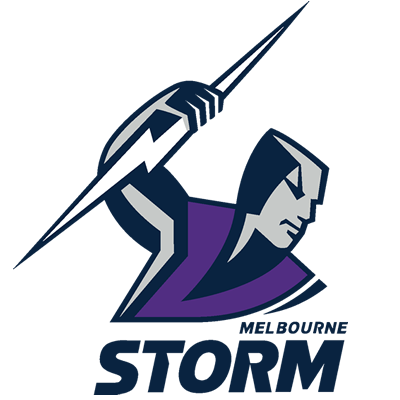
|
7 | 6 | 1 | 54 | 14 |
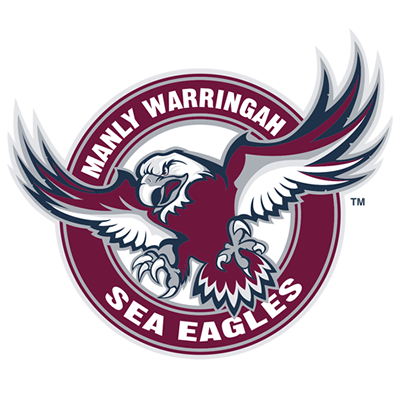
|
9 | 5 | 3 | 37 | 11 |
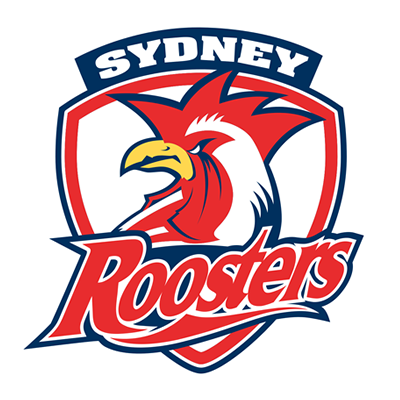
|
9 | 5 | 4 | 95 | 10 |

|
7 | 4 | 3 | 49 | 10 |
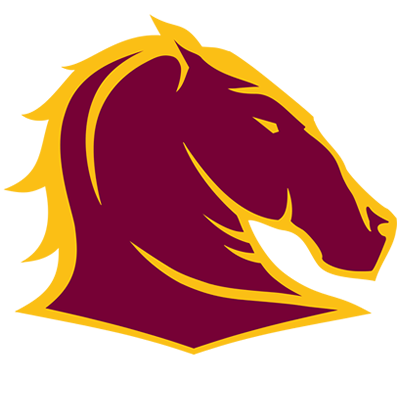
|
9 | 5 | 4 | 42 | 10 |

|
9 | 5 | 4 | -14 | 10 |
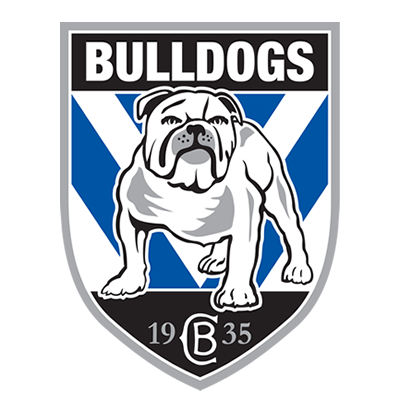
|
7 | 3 | 4 | 17 | 8 |
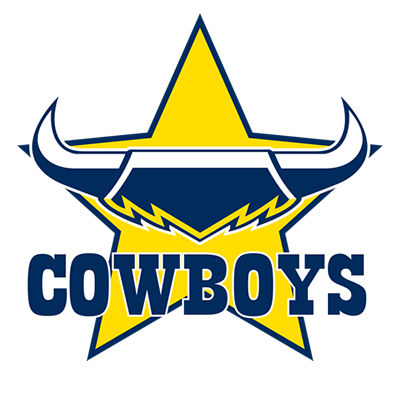
|
8 | 4 | 4 | -14 | 8 |
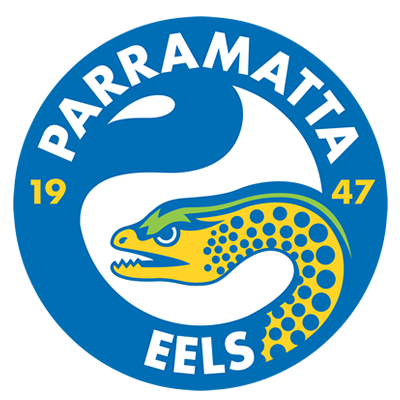
|
8 | 3 | 5 | -55 | 8 |
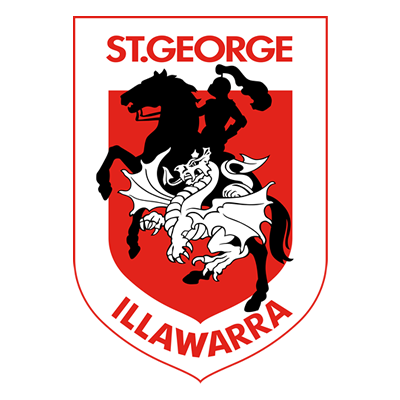
|
8 | 4 | 4 | -60 | 8 |
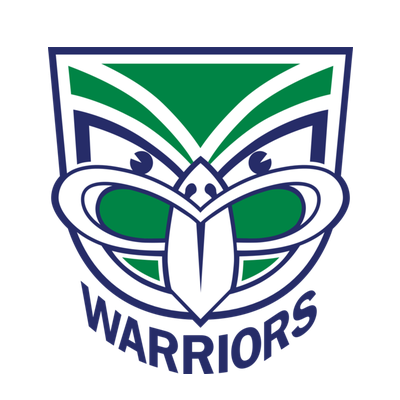
|
8 | 3 | 4 | 17 | 7 |

|
8 | 3 | 5 | -25 | 6 |
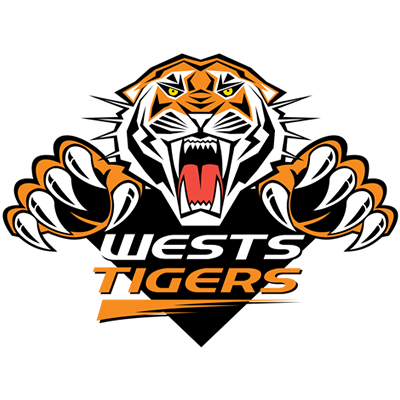
|
7 | 2 | 5 | -55 | 6 |
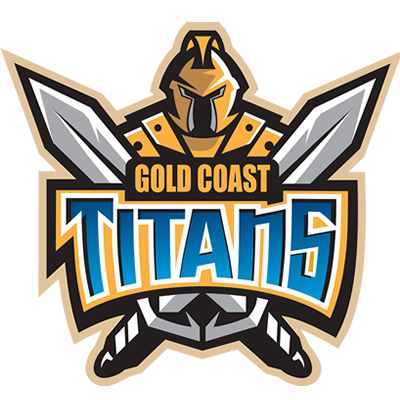
|
7 | 1 | 6 | -87 | 4 |
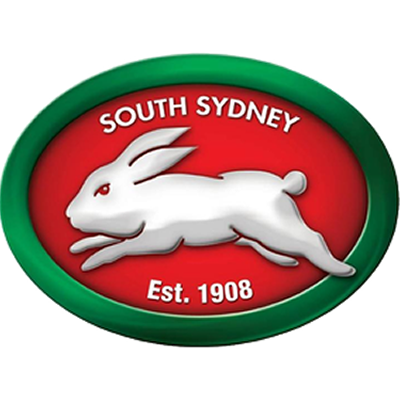
|
8 | 1 | 7 | -166 | 4 |
Online statistics
- Members online
- 11
- Guests online
- 997
- Total visitors
- 1,008
Totals may include hidden visitors.

